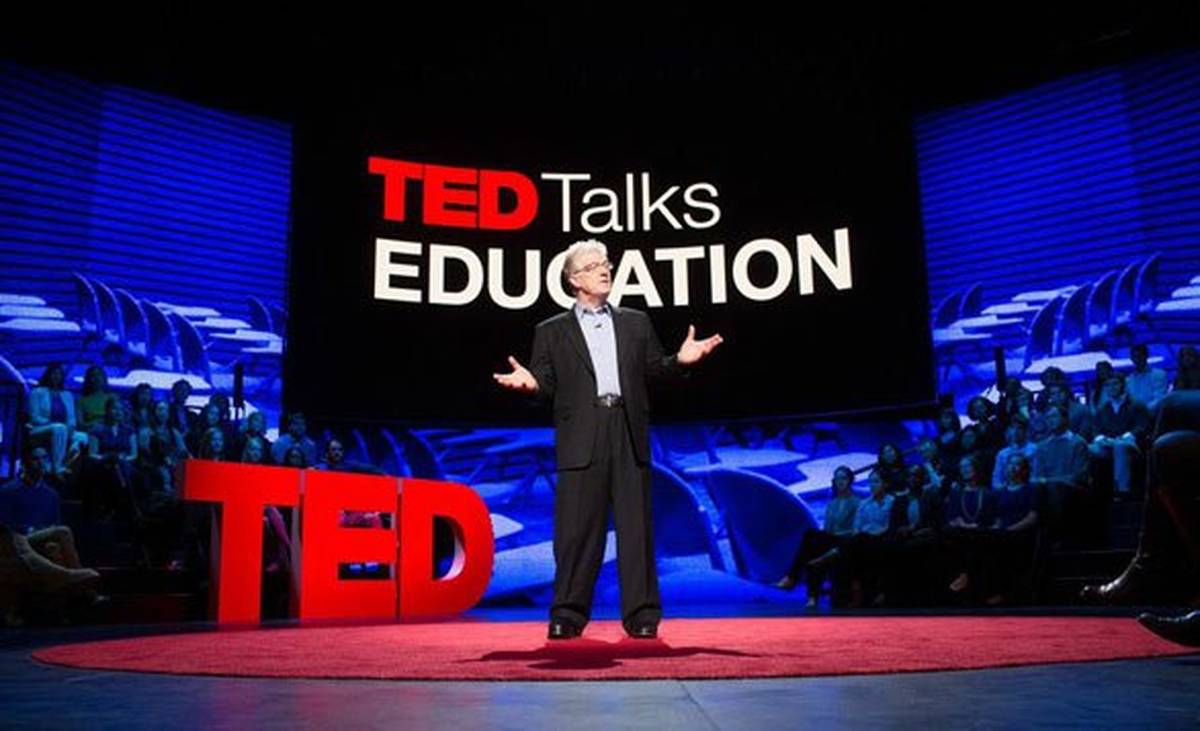What do you think is the most watched Ted Talk of all time? It’s Sir Ken Robinson’s Do Schools Kill Creativity? It challenges us to rethink our school systems, to acknowledge there are multiple ways to learn successfully.
In my career as a teacher I made the very deliberate decision to transition from teaching the VCE (Victorian Certificate of Education, formerly the High School Certificate – simply known as the HSC in Australia) to VCAL – the Victorian Certificate of Applied Learning. For those who aren’t au fait with the nuances of VCAL, essentially the curriculum is geared towards a more hands on (applied) approach to learning, and assessment is focused on outcomes rather than traditional grades or results.
What I loved about VCAL assessment was that it was based on life skills and employability. Nowadays those same skills are referred to as 21st century skills, which includes skills such as verbal communication, problem solving, time management, leadership and teamwork. While the traditional ways of learning are still addressed through assessment, more emphasis is placed on creative and critical thinking in order to solve a problem.
Sir Ken’s fundamental message was that children (and adults too) should be encouraged to use their imagination!
In Australia, education is changing. Task-based learning, working in teams, appointing students to leadership roles amongst peer groups… these are all things that we can benefit from later in life, both personally and professionally. Not all lessons are learned in books – a cliché, but true. As educators we need to encourage all learners to read widely, to search out subject matter that isn’t enforced by a standard curriculum and to be guided by their intrinsic motivators. Put simply, allow students to go away and learn something they want to learn.
While we’re here, let’s update our definition of text to include digital publishing and non-traditional modes of reading and learning. In the electronic age, it’s also timely to remind ourselves that education is not only about how you remember facts, because anyone with a smartphone has a virtual encyclopedia of reliable information at their fingertips. However, the power of information and how we choose to use it continues to be a defining question for our societies in the future. In an environment where fake news has become a real thing, knowing the facts has become less important than being able to deconstruct the message – an important skill broadly taught across many university degrees.
When I look back at that decision I made nearly 10 years ago, it’s interesting to see what the motivators were that have brought me on a journey into the professional services industry. Working in recruitment, our brief often identifies the hard (technical) skills sought in candidates. Recognising those soft 21st century skills that, along with appropriate knowledge and experience, ultimately determine whether a candidate is a good fit for a particular role, is something I’m proud to say I now specialise in.
Clare has extensive experience in Education including teaching, business partnering, learning and development, and recruitment. Clare’s own academic background, including a Bachelor of Education, Bachelor of Arts, Diploma of Management, and Training and Assessment certification gives her a sound understanding of the needs required across various sectors in the Education market. With a commitment to deliver high quality service to clients and candidates, Clare’s passion is about building long term authentic relationships with stakeholders in schools, TAFEs, universities and other education providers.

